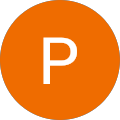Sleep Dentistry
What is Sleep Denistry?
Sleep Dentistry is usually recommended as a result of OSA (Obstructive Sleep Apnea) to treat the source of some dental health issues.
OSA is a common sleep disorder characterized by repetitive episodes of partial or complete obstruction of the upper airway during sleep, leading to breathing pauses or shallow breathing. These pauses in breathing can occur multiple times per hour and may last for seconds to minutes, disrupting normal sleep patterns and reducing the flow of oxygen to vital organs.
OSA often leads to mouth breathing during sleep, especially when airflow is blocked in the nasal passages. This results in reduced saliva production, causing dry mouth, which can contribute to:
- Increased risk of cavities and tooth decay
- Gum disease (gingivitis and periodontitis)
- Bad breath (halitosis)
- Dry Mouth
- Bruxism (Teeth Grinding)
- Gum Disease
- Change in Jaw Position
- Enlarged tongue or Soft Tissues
- Worn or Receding Gums
- And more
If left untreated, these issues can significantly impact oral health, contributing to more severe dental complications. Proper management of sleep apnea is essential to prevent these oral effects.

Key Points About Sleep Dentistry
Procedure
- Specialists will do an airway evaluation in-house and if the assessment determines a collapse in the airway, Creative Dental Studio will recommend the patient take their at-home sleep study. This consists of simply wearing a watch on their wrist and a PAT (Peripheral Arterial Tone) device on their finger.
- From there, an in-house sleep specialist will read the results and determine the best treatment moving forward. They could administer a mouth guard, which is an oral sleep appliance for “mild to moderate” OSA to open the airway or, in more severe cases, Creative Dental will recommend PAP (Positive airway pressure) therapy, which is treated with a typical C-PAP machine.
Sleep Apnea FAQs
How do I know if I have sleep apnea?
Common signs of sleep apnea include:
- Loud, chronic snoring
- Gasping or choking during sleep
- Morning headaches
- Difficulty concentrating
- Excessive sleepiness during the day
Does sleep apnea affect my dental health? What signs of sleep apnea can a dentist identify?
Yes, sleep apnea affects a person’s dental health. Some dental symptoms include:
- Teeth grinding (Bruxism)
- Dry mouth
- Gum disease
Additional indicators a dentist can identify include:
- Enlarged tongue or tonsils
- Narrow throat
- High-arched palate
- Dry throat
- Jaw alignment issues
- Tooth decay
How can a dentist help with sleep apnea?
Dentists are often the first to observe sleep apnea dental symptoms, like dry mouth or teeth grinding. These symptoms lead to an increased risk of gum disease and tooth decay.
Now, dentists trained in sleep medicine can provide oral appliance therapy (OAT).
Do I need a sleep study?
Yes, a formal sleep study is necessary to diagnose sleep apnea before beginning any treatment.
What is an oral appliance for sleep apnea?
A sleep apnea oral appliance is a custom-fitted device that repositions a person’s jaw or tongue while sleeping to keep the airway open.
Am I a good candidate for a sleep apnea oral appliance?
You may be a good candidate for an oral appliance for sleep apnea if you:
- Suspect you might have sleep apnea
- Have mild to moderate sleep apnea
- Are CPAP-intolerant
- Snore heavily
- Prefer a travel-friendly alternative to a CPAP machine
How does an oral device compare to a CPAP for sleep apnea treatment?
CPAP (Continuous Positive Airway Pressure) machines have been and are the gold standard for moderate to severe sleep apnea, however many patients prefer an oral appliance because it is:
- Silent (no machine noise)
- Less bulky
- Portable
- Easier to tolerate long-term
- More comfortable than CPAP masks
Are sleep apnea oral appliances covered by insurance?
While many medical insurance plans may cover oral appliances for sleep apnea, dental insurance typically does not. Work with your physician and dentist to figure out the right solution for you.
What Our Clients Say About Us

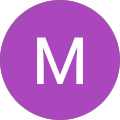
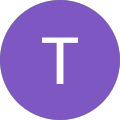
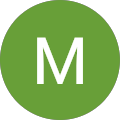

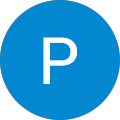
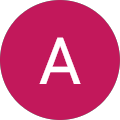
Would recommend highly to anyone.

